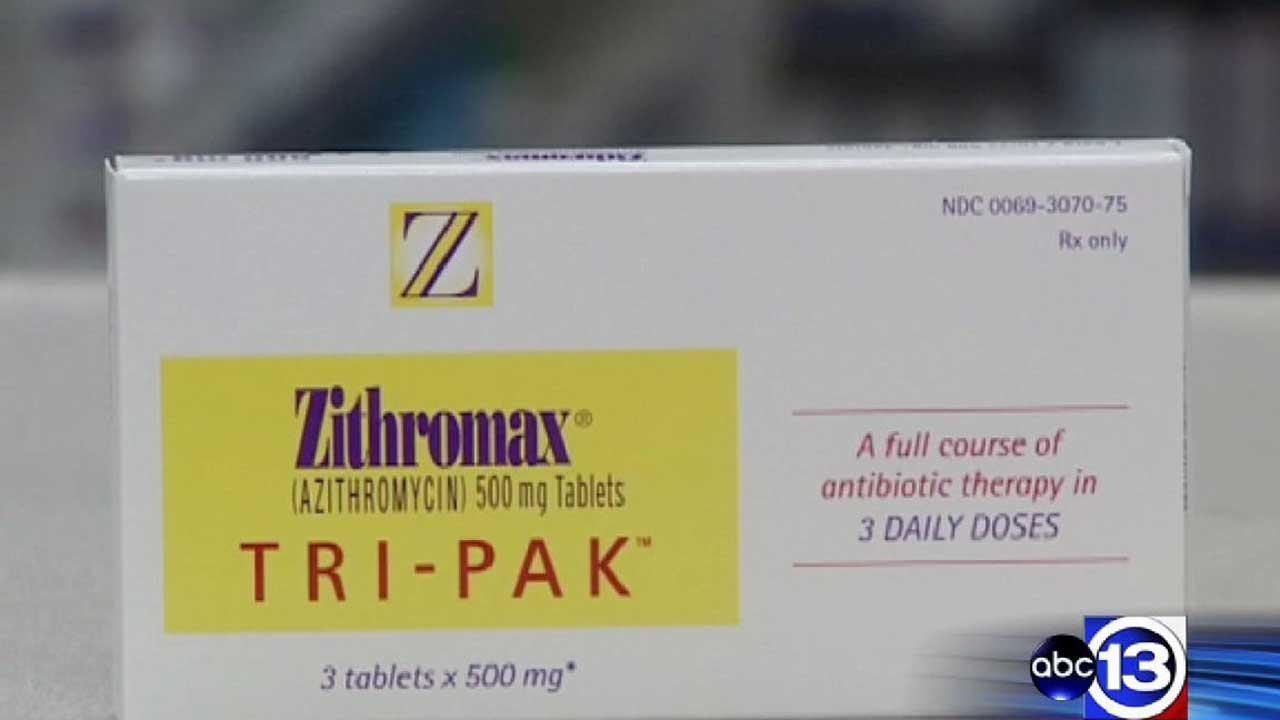I'm not able to articulate this elegantly. The change the virus makes on people depends on the individual person's makeup. The change the people make on the virus also depends on the individual person's makeup. So this "evolution" of virus and people is not random at all but rather is interactive, like an observed object changing based on the observer performing the observation. Throw out darwinian random mutation evolution.
If i recall correctly, someone shared a video already (maybe Gaby?) called 'Mammalian viruses'? (something like that - i think
this was the video) which describes how viruses interact with the terrain/bacteria in the host, such as gut biology, and this can result in some people having diseases from a virus whilst those who don't have the same terrain, even those in the same household, won't.
I listened to the video and i think that's what they were saying.
It reminds me of how some researchers have talked about vaccinations modulating gut flora with this resulting in autism. So maybe in some instances the damage from the vaccines is related to the change in bacteria and the result then of the ever present viruses? I guess in others it may be the introduction of an unknown virus to a weakened/warped biome.
It also brings to mind how the terrain that the Standard Western Diet will have created and how eating paleo helps protect by fostering a different biome and could even have beneficial effects. Not discounting the energetic/spiritual side to this either.
[...]
The official narrative says that a vaccine won't be ready for up to two years, but there's also evidence in the time line that they've been working on a vaccine for years already. So, what if they already have it?
Here in Australia we already have a 'no jab, no pay' policy where low income families that are dependent on Social Security or income supplements have their payments withheld if they don't get their children vaccinated. They don't yet include adults in that legislation.
The vaccination to receive benefits requirement is already law for children? I saw that in the news a while back but i didn't think it passed. If so, that's insane. Although not surprising.
As for when the vaccine will be ready, i wouldn't be surprised if, under cover of the 'crisis', a vaccine is developed and 'trialed' in record time, ready for the 'second wave', or even sooner. Amidst this hysteria they've been able to make people believe absurdities and in turn have and will continue to convince them to commit atrocities - to paraphrase Voltaire.
[...]
But what if the elites have understood that the true power in astrology is in symbology, and not in the rote daily contrived back-page horoscopes that have turned so many off to the field? After all, the roots of astrology are deeply associated with planetary aspects, which are electromagnetic in nature; and if the Electric Universe Theory has any real weight (as I am sure it does!), then why couldn't astronomical events based on real, measurable forces, such as what happens electromagnetically when planets align with each other in mathematical patterns, e.g. such as conjunctions and oppositions between the planets, Earth, the sun and the moon that has been shown to increase the probabilities of earthquakes?
James Mccanney and Pierre in their books do talk about alignments and some kind of correlation between Earth Change type events. From what i recall, Mccanney talks about the first 3 days following the new moon as being most volatile, and Pierre talks about Jupiter being a significant influence.
From Pierre & Laura's book, Earth Changes and the Human-Cosmic Connection - here's what i found from a quick look, there may be more:
However there is at least one exception. Ganymede (see picture below), Jupiter’s 3rd moon, and the biggest moon in the solar system, does show the presence of a plasmasphere
1, i.e. a DL. This might be due to the fact that Ganymede is a recently captured electrically active body that interacts with
Jupiter, the most electrically active planet in the Solar system.
[...]
The more massive and negatively charged a body is, the more likely it is to trigger a discharge of the (relatively) positively charged Sun. From this perspective, Jupiter, Saturn and comets are the main solar dischargers. Jupiter and Saturn are major players because they are massive and highly charged planets. For example, Jupiter’s magnetic field is about 10 times stronger than Earth’s, reaching up to 14 gauss at the poles,
1 making it the strongest planetary magnetic field in the solar system.
[...]
In comparison to Saturn or Jupiter, comets are tiny. However, their high-density plasma tails can extend over millions of kilometers and display extremely high electric charges, partly due to the eccentricity of their orbits.
1 This is illustrated by the strong glow that comets display and by their ability to hold a giant Langmuir sheath (DL) around them.
2
[...]
Celestial bodies can also act in conjunction to modulate solar activity. Typically, planetary alignments will add up the electric discharge potential of each planet.
3 Of course, if electrically active planets like Jupiter and Saturn are involved in this alignment, the discharge will be even more massive. If the Earth happens to be part of this planetary alignment, or close enough, it can find itself located on the trajectory of strong solar emissions.4 This leads to several earthly effects, one of which is the auroras at the poles, where a massive quantity of solar particles enters the Earth’s atmosphere through its thinnest parts (the Polar Regions) and ionizes the sky, hence the glowing lights observed at high latitudes.
[...]
Could then also squares, trines, and other alignments between planets affect not only the physical aspects of our material reality, but also emotional aspects, since our bodies use electromagnetic signals to send messages between neurons and muscles, etc.? [...]
As for astrology: Firstly, doesn't it depend on which astrological system you're using? For example, the tropical zodiac no longer reflects the actual positions in the sky whereas the sidereal does, and so using sidereal your star sign changes, mine goes from Capricorn (tropical) to Sagittarius (sidereal).
Secondly, i've heard that astrology as it is practiced in the tropical sense used the planets more as markers, and they're not actually having some kind of 'imprinting' effect, just that people born at 'this time of the year are likely to have these traits'. That's not to say tropical astrology isn't useful.
As to whether Space Weather/alignments can have an effect on humans, i have read quite a few reports that show certain conditions effect human biology (and no doubt psychology, and so on). Here are some relevant posts from the forum and SOTT about that:
[...] And what if every single degree of the zodiac has a defined symbol attached to it that "activates" in predictable ways when planets aspect them, and each planet itself has its own defined electromagnetic effects upon the material world and emotions that have been known for some time?
Is it predictable in such a mechanistic way? Maybe partly? But is the universe so concrete and predictable? I don't know, but i wouldn't think so. Or at least not in the way that perhaps the PTB think so, wishful thinking and all that.
Sunday's Columbus Dispatch headline:
My spouse came out of retirement as an Interim CFO for one of Ohio's public colleges beginning in January. An article about that school was picked up by USA TODAY NETWORK.
There were costs involved in switching over to online classes, too. Undoubtedly, lots of jobs to be lost and perhaps all the struggling colleges, too. Plus, the stress of it all - for a nothingburger virus.
[...]
In the UK too. They're expecting
230,000 less university attendees which will result in at least a £6 billion drop in income for the universities and for the local economies. And i suspect that's a conservative estimate. The largest loss of income will come from international students choosing to stay or get educated in their home country - they pay triple the fees, which is ~ £150,000 for a 3 year course, i think..


 Much appreciated.
Much appreciated.
 ...
...